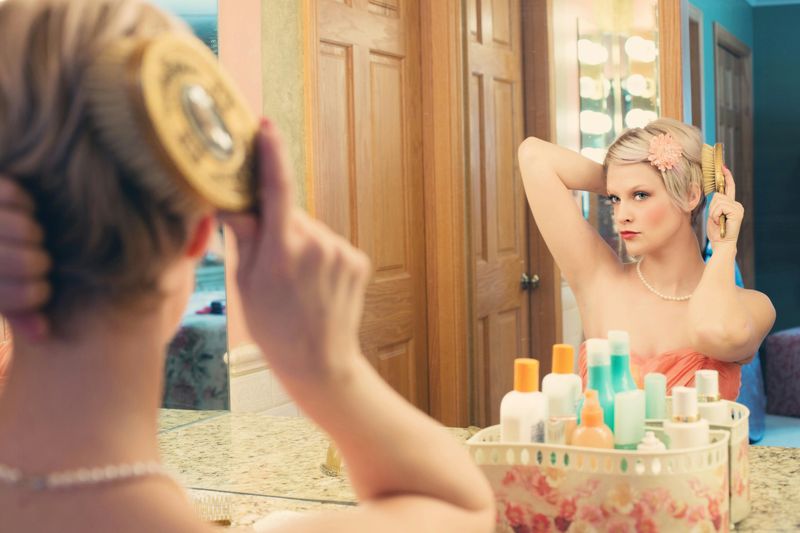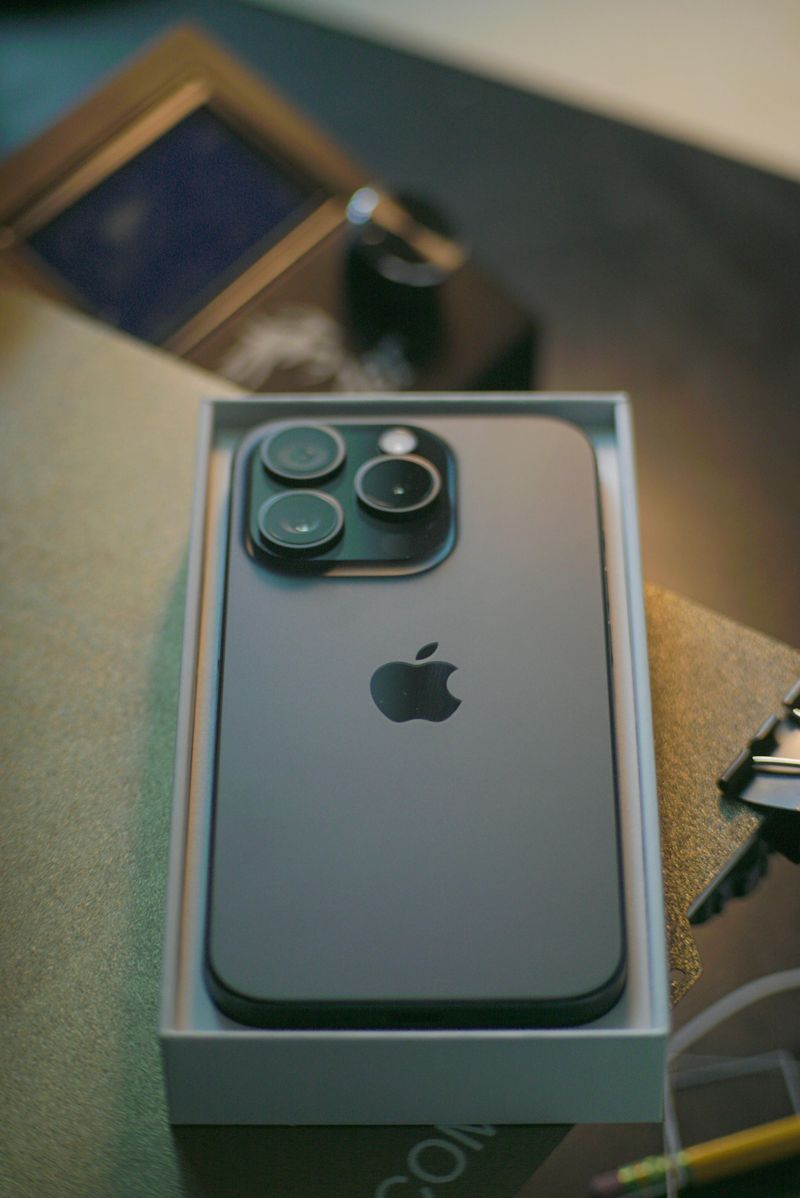15 Signs You’re Living Like a Celebrity (Without the Paycheck)

Ever feel like your life has a red carpet but your wallet missed the invite? If you’ve mastered the art of living glam on a mortal’s budget, this one’s for you.
These signs will make you laugh, nod, and maybe text your bank app an apology. Keep reading to spot the starlet behaviors draining your funds—and how to keep the sparkle without the financial spiral.
1. Your Closet Is Full of “One-Time” Outfits

Those sequined jumpsuits and statement heels looked like absolute destiny under studio lights—well, your bedroom ring light. They delivered their viral moment, then retired to archival status like couture at a celebrity museum. Now they silently judge you every time you reach for sweatpants instead.
The problem isn’t taste; it’s cost per wear. Owning a wardrobe of “special occasion” items means your money hangs, rather than works, for you. Rewearing isn’t a scandal; it’s strategy.
Try a rotation system, resale apps, or rentals to stretch the glam without stretching debt. Curate basics that play well with showpieces, so outfits repeat but the look evolves. If it can’t be styled three ways, it’s a souvenir, not clothing. Fashion is performance; budgeting is backstage. Build both.
2. You’re Addicted to “Experiences” Over Savings

Every weekend looks like a travel reel: mimosas, rooftop sunsets, and “you had to be there” tickets. Memories matter, but so does rent day, which keeps arriving uninvited. When your calendar thrives and your emergency fund wheezes, you’re living the highlight reel without credits.
The fix isn’t quitting joy; it’s budgeting for it. Create an “experience envelope” and automate transfers so future-you gets a seat at the table. You’ll savor the moments more when they’re not marinated in anxiety.
Swap one big-ticket weekend a month for a lower-cost adventure with the same dopamine: hiking, picnics, matinee shows. Track average monthly experience spend and set a cap. Spending is a story—make savings a recurring character, not a cameo. You’re directing this film; keep it funded.
3. You Uber Like You Have a Driver on Payroll

Five blocks away somehow qualifies as “too far” when surge pricing whispers sweet nothings. The map says eight minutes on foot; your thumb says, “Request.” Convenience stacks up until your statement reads like you commute by chariot.
Convenience has a cost curve, and you’re riding the steep end. Calculate your monthly rideshare total and compare it to a transit pass or walking shoes. When short trips feel automatic, set thresholds: no rides under one mile unless safety demands it.
Build micro-rewards for walking—podcasts you only play en route, or a coffee you “unlock” by skipping a car. Use fare trackers and public transit apps like a pro. Your time is valuable, but so is compound interest. Walk today so tomorrow’s money can move farther than you do.
4. You Won’t Be Seen Without Your Nails / Lashes / Hair Done

Maintenance days feel like sacred rituals, even when your budget is whispering, “Please not the deluxe package.” The look slays, but the invoices do, too. When self-care becomes a subscription you can’t pause, it’s less glow-up and more cash-down.
Consider a tiered routine: salon for milestones, DIY for maintenance. Learn at-home gel, invest in a good blowout brush, and rotate lash lifts with mascara weeks. You’re not downgrading; you’re diversifying your beauty portfolio.
Bundle appointments to reduce travel and tips, and track the annual total—seeing the number once will change habits fast. Ask yourself whether the vibe or the validation drives the spend. Gorgeous is great; grace for your budget is better. Beauty should polish your confidence, not sandblast your savings.
5. You Always Order Delivery Instead of Cooking

The fridge is a museum of produce with big dreams, while your food apps send daily love letters. Delivery promises time saved, then steals cash plus service fees like a charming pickpocket. Convenience becomes habit, habit becomes lifestyle, lifestyle becomes a bill.
Try a rule: delivery only when hosting, sick, or after 9 p.m. Batch-cook one hero dish on Sundays that morphs into multiple meals—think roasted chicken into tacos, salads, and soups. Your future self will tip you generously.
Set a monthly delivery cap and move the difference into savings automatically. Explore “assemble, don’t cook” shortcuts—precut veg, rotisserie chicken, good sauces. Culinary competence isn’t about perfection; it’s about a few reliable plays. Your kitchen isn’t just decor. It’s the original meal subscription you already own.
6. You Finance Lifestyle Purchases Instead of Investments

Buy-now-pay-later makes luxury feel like a latte: small sips, big tab. Payments stack like Tetris until the board flashes game over. Meanwhile, courses, retirement, and debt payoff remain on the wish list, not the calendar.
Flip the script: finance assets, not aesthetics. If it doesn’t grow your income or reduce long-term costs, it shouldn’t outpace contributions to savings or debt. Create a rule that BNPL only funds career tools or emergency needs.
Audit subscriptions and installment plans, then snowball freed funds into investments. Automate IRA or index-fund contributions the same day you get paid. Luxury is sweeter when future-you isn’t the collateral. If a bag appreciates, it’s usually only in compliments. Let your net worth be the brand that compounds.
7. You Book “Staycations” When You Can’t Afford Vacations

Checking into a local hotel scratches the wanderlust itch and pads the photo roll, but not the savings account. The robe, the rooftop, the room service—chef’s kiss. The final bill? Spicy. If your break requires a payment plan, it wasn’t a break for your finances.
Recreate the vibe at home: crisp sheets, a new candle, a “no chores” rule, and a blackout on email. Spend on one standout activity rather than an entire expensive weekend. Your nervous system wants rest, not receipts.
Budget a quarterly travel fund so the next getaway is cash-first. Explore house swaps, off-peak dates, or day passes to spas. You deserve a reset that doesn’t reset your bank balance to zero. Rest should refuel your life, not refinance it.
8. You Care More About the Restaurant’s Vibe Than the Prices

Neon signs, terrazzo tables, and a floral wall sell a story your wallet keeps underwriting. The playlist is immaculate; the bill arrives with a plot twist. When ambience dictates appetite, you’re paying for lighting more than lunch.
Choose locations by menu value, then pick the cute corner. Check prices beforehand and set a per-person cap. Splurge strategically: mocktails over cocktails, share plates instead of a parade of mains. Photos still pop when the math works.
Create a rotation of great-value spots you genuinely love. Save the bucket-list venues for milestones and split special items family-style. Vibe is a garnish; sustenance is the meal. You can dine like a star without starring in a financial drama.
9. You Live on Credit Cards Like They’re Sponsoring You

Points feel like a paycheck until interest eats the perks alive. Swiping smooths over discomfort—and future-you whispers from the statement, “We need to talk.” Revolving balances are not rewards; they’re rent on yesterday’s decisions.
Decouple benefits from debt: treat cards as debit with protection, paid in full monthly. If you can’t, pause usage and move to a zero-interest transfer while you crush the balance. Track the true cost of that “free” flight after interest.
Automate minimums plus extra, cut limits or freeze cards temporarily, and assign categories per card. Celebrate milestones with low-cost wins, not another swipe. A good credit score is a tool, not a trophy. Let your points serve your plan, not steer it.
10. You’re Always “Camera Ready” With Expensive Products

The shelf looks like a beauty boutique after a haulathon. Serums for sunrise, mists for moonlight, and a perfume wardrobe worthy of a film set. Even Target runs become runway-ready moments, while your emergency fund stays off-camera.
Simplify to a hero routine: cleanser, moisturizer, sunscreen, one treatment. Swap daily luxury for occasional indulgence and watch your wallet glow. Quality matters; quantity drains.
Use up what you own before replacing, and track cost per use. Keep a capsule kit for everyday and a glam kit for events. When you invest in skin health over brand hype, camera-ready becomes your baseline—not your budget’s burden. Beauty should enhance your life, not expense it.
11. You Upgrade Everything Before It’s Actually Broken

New releases whisper like sirens: brighter screens, two extra pixels, a feature you’ll forget by Thursday. Perfectly functional devices become “outdated,” which somehow translates to “replace immediately.” The thrill is real; the depreciation is, too.
Adopt an upgrade policy: replace only when repair exceeds 50% of value or utility meaningfully changes your work or safety. Delay purchases with a 30-day waitlist to test desire versus impulse. Often, the novelty itch fades faster than a software update.
Refurbished options and trade-ins cut costs without cutting joy. Channel the upgrade budget into experiences or investments with better ROI. “New” isn’t a personality; adaptability is. Keep your tech useful, not just youthful, and your finances will look very grown.
12. You Say “I Deserve It” to Justify Almost Every Purchase

Self-love became a shopping cart, and every inconvenience turns into a gala-worthy excuse. The mantra is valid; the math is off. Treating yourself is lovely until your bills feel mistreated.
Reframe “deserve” as alignment: Does this purchase support my values and long-term goals? Build a Treat Tier—free, low, medium, big—unlocked by milestones, not moods. You’ll still celebrate, just without the financial confetti cleanup.
Practice a 24-hour pause on non-essentials and keep a wish list. If it still sings tomorrow, consider it; if not, you dodged a duet with debt. You deserve peace more than packages. Let rewards honor progress, not distract from problems.
13. You’re Always in the “Best” Section—Front Row, VIP, Priority

There’s a magnetic pull toward velvet ropes and early boarding. The thrill of exclusivity feels priceless—until a quick spreadsheet assigns a number. Premium becomes default, and suddenly “standard” feels like a character flaw.
Redefine luxury as choice, not compulsion. Pick one category to splurge on and let others go economy. Most events feel just as electric from row ten with friends and snacks.
Use alerts for price drops and compare experience-to-cost ratios. For flights, prioritize schedule and seat pitch over status symbols. VIP is fun, but financial independence is the ultimate backstage pass. Reserve “best” for moments that actually become memories, not mere receipts.
14. You Outsource Tasks You Could Easily Do Yourself

Laundry pickup, meal kits, and biweekly cleaners make life feel like a managed set. But if your workload doesn’t demand it, you’re paying for convenience cosplay. Outsourcing without need is like tipping your time instead of investing it.
Run a time-money audit: What tasks are high cost, low effort? Learn one DIY skill each month—basic cleaning routine, simple batch cooking, or stain removal. It’s not about martyrdom; it’s about meaningful trade-offs.
Reserve services for crunch weeks or major projects, not default living. Redirect saved cash into goals you care about. A little competence compounds fast. You aren’t above chores; you’re beyond unnecessary expenses. That’s the real executive energy.
15. Your Lifestyle Impresses People—But Your Bank Balance Doesn’t

Friends applaud your dinners, outfits, and getaways, assuming the bank account matches the vibe. Meanwhile, every bill triggers a mini thriller in your chest. Image management is performing; financial wellness is living.
Start with honesty—at least with yourself. Build a bare-minimum budget, automate essentials, and set social boundaries: “I’m on a savings kick; let’s do a picnic.” People who matter will cheer the plot twist.
Track net worth monthly to measure progress beyond applause. Replace flexing with planning: sinking funds, debt goals, and simple investments. Your life should feel as good as it looks—and your money should be the quiet co-star, not the invisible hostage.

Comments
Loading…